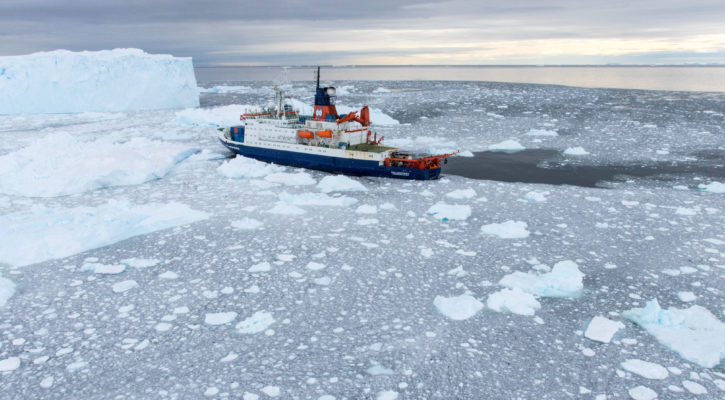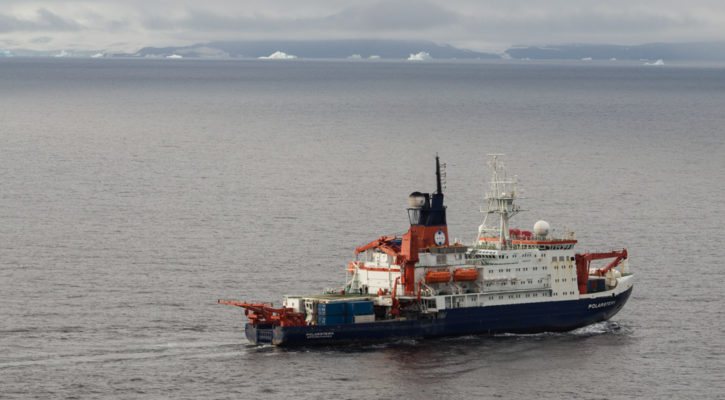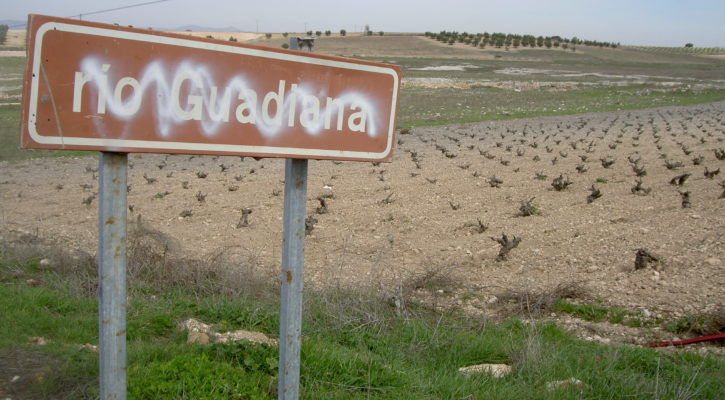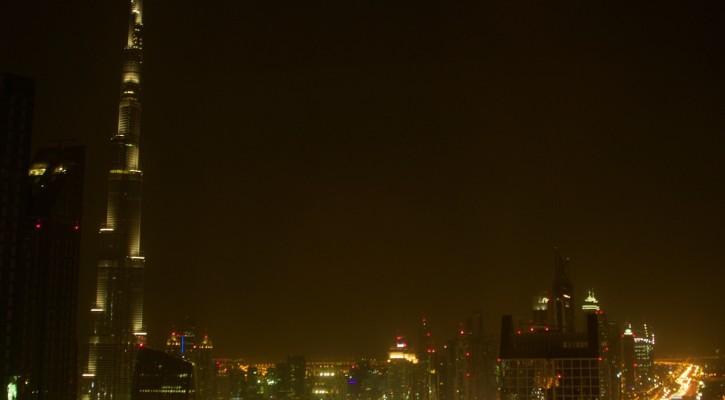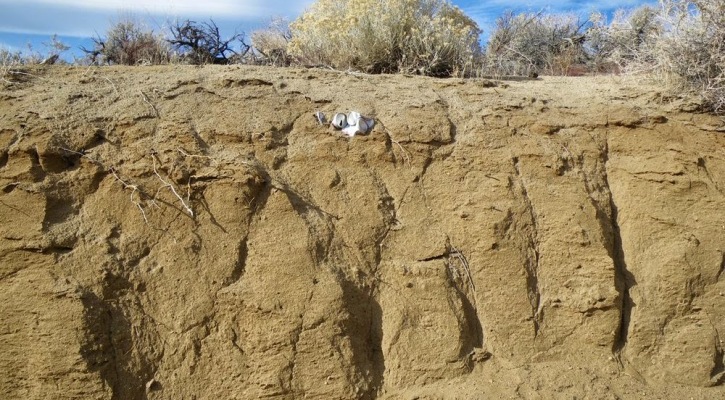Dr. Thomas Ronge is a Marine Geologist currently working for the Alfred Wegener Institute in Bremerhaven, Germany. You can read more about his research here and follow him on Twitter @remotelongitude In the light of the massive, 6000 km2 sized iceberg – A-68 – that broke off the Antarctic Peninsulas Larsen C ice shelf in July, should we worry […]
anthropocene
Braving the Drake Passage with Thomas Ronge
Dr. Thomas Ronge is a Marine Geologist currently working for the Alfred Wegener Institute in Bremerhaven, Germany. You can read more about his research here. The Drake Passage and the Antarctic Peninsula are key regions for our climate as well as for it’s past evolution. Propelled by strong, perpetual Southern Westerly Winds, the dominant force in the […]
Human drought in the Anthropocene with Anne Van Loon
Anne Van Loon is a Lecturer at the University of Birmingham. Her research is focused on catchment hydrology and hydrogeology. She studies the relationship between climate, landscape/geology, and hydrological extremes and its variation around the world. She is especially interested in the influence of storage in groundwater, human activities, and cold conditions (snow and glaciers) on the […]
Anthropocene part 2: on differing perspectives with Chris Spencer
The last bit I wrote about the Anthropocene was one of skepticism and incredulity. The idea that the past 200 (or even 2 million) years of our genus would amount to anything more than a few plastiglomerate horizons in the geologic record seems to me exaggerative and inflammatory. There are others in the Earth science community […]
To the Anthropocene … and back
Today at the British Geological Survey, a group of Earth scientists have gathered to discuss the evidence for irreversible anthropogenic change in the Earth system with specific focus on the nitrogen cycle. The idea that humans have the power to permanently change the planet on a geologic timescale is one that has a wide array of […]

